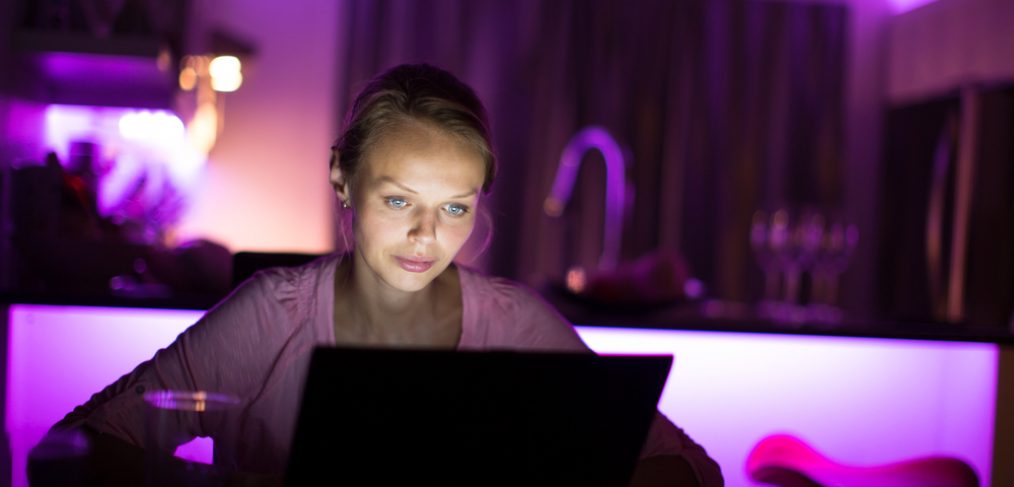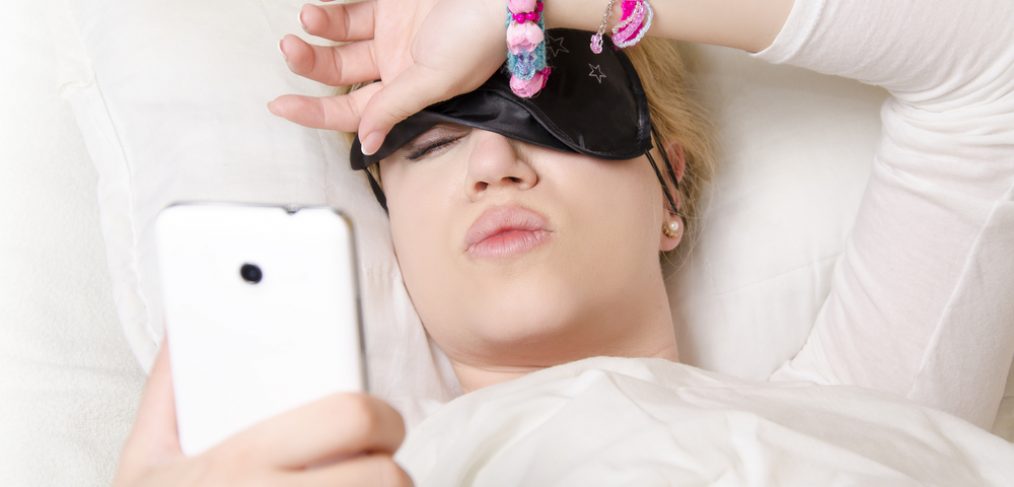Night people never get respect. Day people are productive. Night people are lazy. Day people have jobs and families and drive nice cars. Night people live with their parents. Day people eat well and see the doctor regularly. Night people miss the breakfast special and sleep through doctor’s appointments. If you are a night person and feel you have been judged unfairly, take heart. There are plenty of great night people out there who have done very well for themselves, and are now even living on their own! However, if you are wondering what you might have done to become the heathen that you are, here is some valuable insight.
Sleep Patterns
Each person has their own cicadian rhythm. Katherine Sharkey, MD, PhD, at Brown University says, ” The human clock is about 24 hours, thanks to earth’s 24- hour light-dark cycle. But some people have a slightly longer natural cycle and some are slightly shorter.” Those with a longer circadian rhythm tend to be night owls, while shorter circadian rhythms are more common in early risers. However, your circadian rhythm is not necessarily set for life. While school -age children tend to get up early, teenagers favor the night. Adults, on the other hand, usually transition back into being morning people.
Night Owls Vs. Morning People
Aside from having to hold down a day job, there are other problems a night person may encounter, According to Sharkey, “night owls tend to be more depressed, have a higher dependence on caffeine, and use alcohol more.” However, a recent study in Belgium found that night people are able to maintain more focus as the day goes on than their early rising counterparts. Of course, morning people get points for other reasons. “Larks generally sleep better, have more regular sleep patterns and have more flexible personalities,” explains Sharkey. A study from the university of Toronto shows that they also feel happier and healthier than late risers.
Different Brains
Researchers at Germany’s Aschen University found structural differences between people with different sleep tendencies. They found that night owls had a diminished integrity of white matter in the brain; white matter being the fatty tissue responsible for communication of nerve cells. Reduced white matter has been known to lead to depression and disruption of cognitive function. Other research has uncovered an “alarm clock” gene that starts the biological clock in the body after its nightly sleep and other studies using twins have shown genetic links to aspects of sleep.
What Can We Do?
If studies show that our likelihood of being a day or night person is genetic or biological, is there any hope of change for the wayward night owl? Studies show that limiting nocturnal exposure to light and increasing exposure to sunlight can help to modify sleep-wake patterns. It is also a good idea to be mindful about the consumption of alcohol before you sleep and to try and maintain a regular sleep schedule. Also, make sure you are sleeping in a dark room free of electronic gadgets for a peaceful rest.
If you are a night person, let us know how you feel! Does society need to become more flexible or do you need to start waking up earlier? Let us know what you think!





